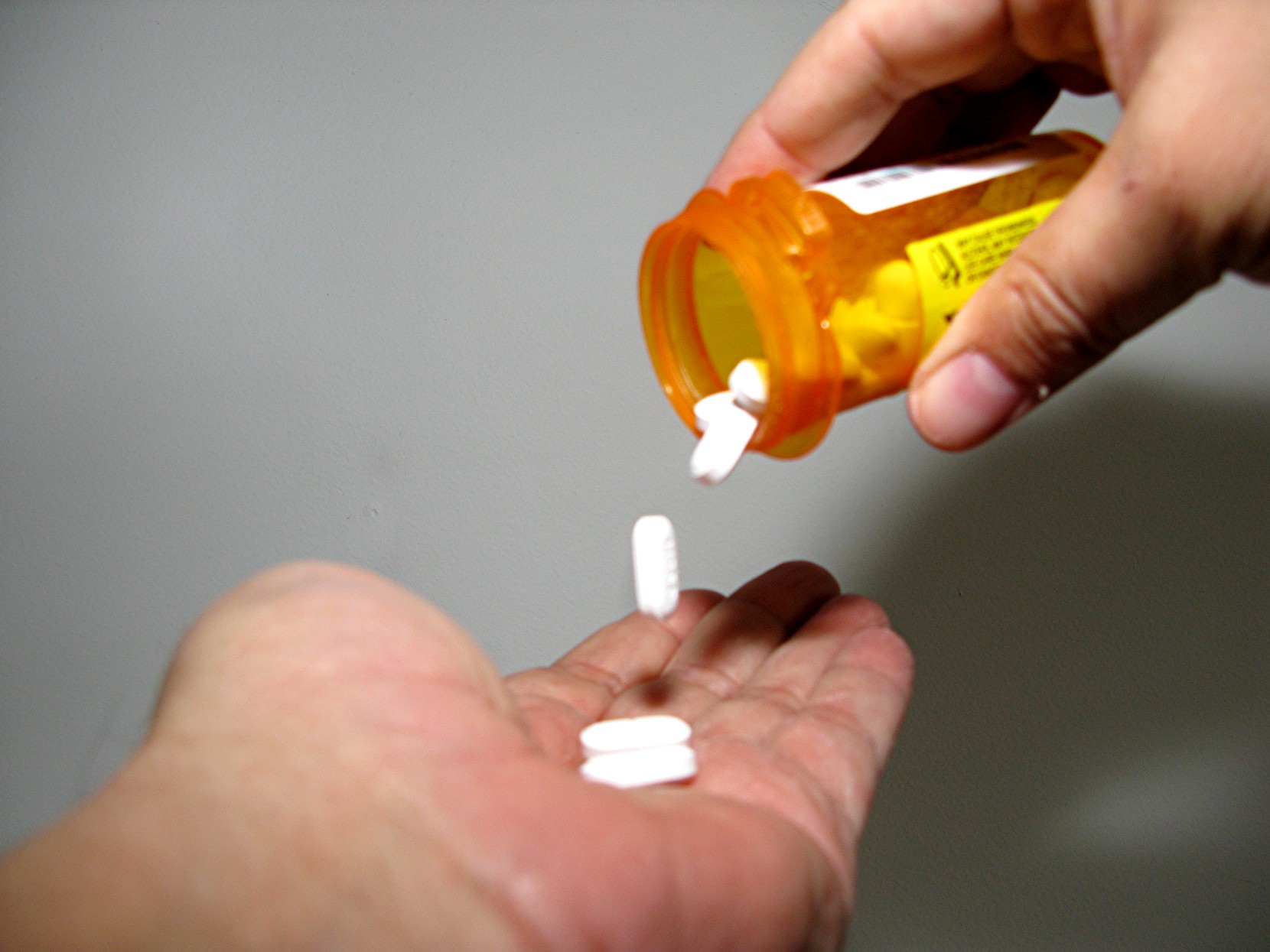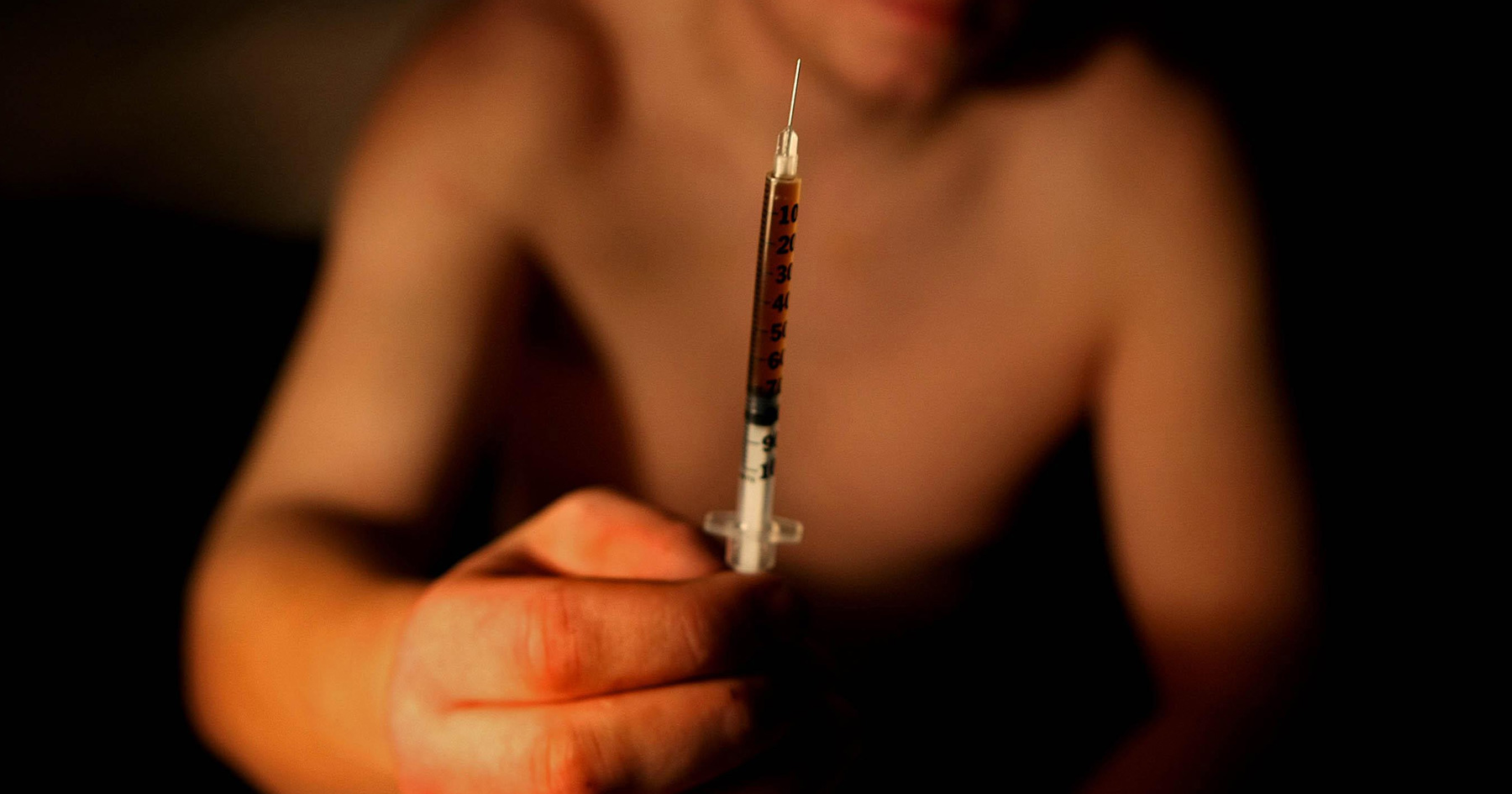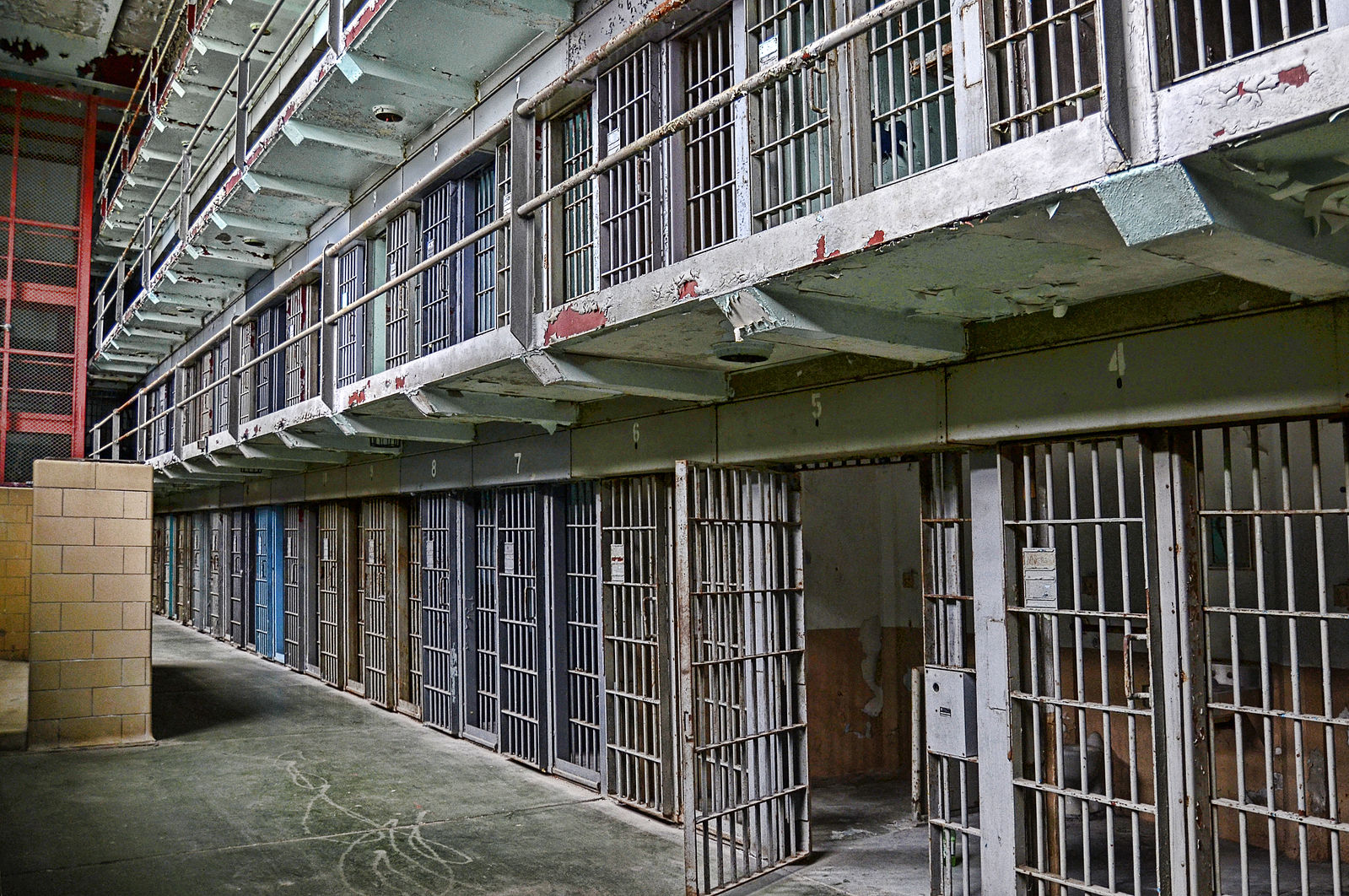Congress Is Doing Something About the Opioid Epidemic

By:
Congress is finally doing something about America's opioid epidemic. A bill that would tighten regulations on prescription painkillers and increase federal funding to state and local efforts combating opioid abuse passed overwhelmingly in the House and Senate this week.
 frankieleon/Flickr - flickr.com
frankieleon/Flickr - flickr.com
But the timing of the progress raises questions about the role of race in motivating the federal response.
The Centers for Disease Control and Prevention declared that opioid abuse in the U.S. reached "epidemic" levels in 2011. As painkillers and heroin permeated white American suburbs, the conversation around opioid abuse began to take on a sense of urgency that we didn't hear back when drug abuse seemed confined to urban, minority communities.
This comic by Dave Granlund reveals what some critics believe motivated Congress' response to the opioid epidemic.
.png?auto=format&crop=faces&fit=crop&q=60&w=736&ixlib=js-1.1.0) Dave Granlund
Dave Granlund
Around the time that President Richard Nixon launched the War on Drugs, using his executive powers to increase criminal penalties for drug offenders in a bid to eradicate drug use in the U.S., the country's approach to drug policy shifted to a model that emphasized punishment over treatment.
Now that the opioid epidemic is hitting America's suburbs, the conversation has changed. Addiction is increasingly accepted as a treatable disease, and that shift has led lawmakers to approach drug policy differently — to push for harm reduction programs, rehabilitation centers, and reduced penalties for drug offenders. For patient advocates, it's a welcome shift. But would it have come about if the opioid epidemic hadn't affected white Americans?
 Julien Behal/PA Wire - apimages.com
Julien Behal/PA Wire - apimages.com
In an editorial for The Washington Post, Stephen Lerner and Nelini Stamp argue that race played a direct role in the policy changes.
"Clearly, new attention to heroin use in white, affluent areas is changing the perceptions and politics of drug addiction. No longer are the addicts 'desperate and hardened.' Apparently, heroin use isn’t the result of bad parenting, the rise of single-parent families or something sick or deviant in white culture. It isn’t an incurable plague that is impossible to treat except with jail time. Drug addicts no longer are predatory monsters."
States have intensified efforts to curb painkiller and heroin abuse over the last decade. Half of the states in the U.S. have taken steps to increase assess to naloxone, an anti-overdose drug, for example. Similar public health treatment programs emerged during past drug epidemics — ones that took the heaviest tolls in urban communities such as the crack cocaine crisis in the 1980s and the heroin epidemic in the 1960s — but back then, the focus was on punishment.
 Bob Jagendorf/Wikimedia - wikimedia.org
Bob Jagendorf/Wikimedia - wikimedia.org
"The response to the rise in heroin use follows patterns we've seen over decades of drug scares," Marc Mauer, the executive director of the Sentencing Project, told The Marshall Project. "When the perception of the user population is primarily people of color, then the response is to demonize and punish. When it's white, then we search for answers."
